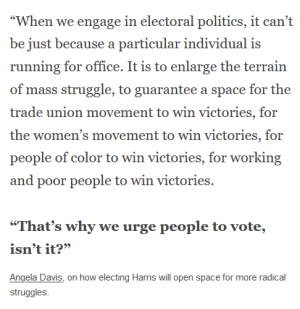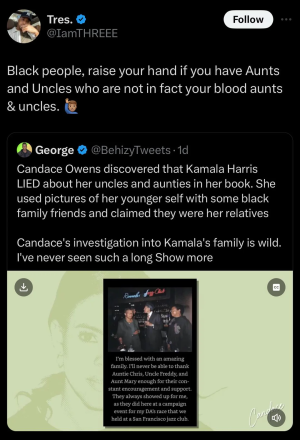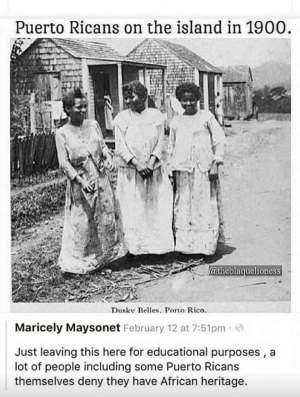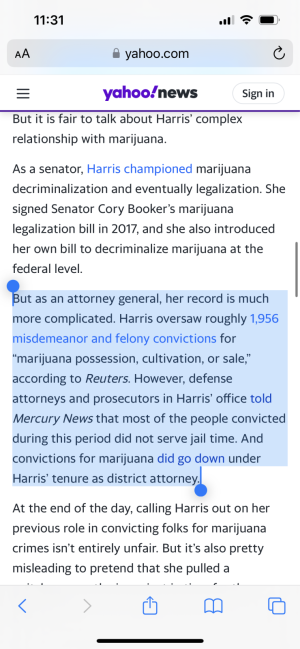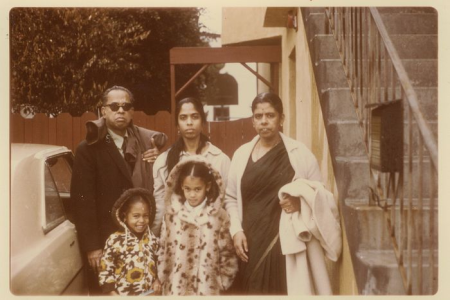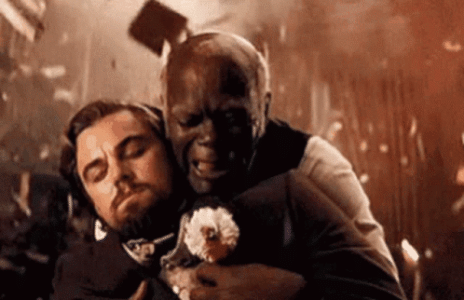- 14,809
- 35,760
It's the mentality I believe. But lately, I've been seeing and hearing about a lot of black owned nail salons and beauty salons popping up. Seeing how that's what our women spend a lot of money at, I think that's a good start. Although, it baffles me on why we don't have a chain of barbershops instead of the rundown, hood shops I see.
i have a black hair industry documentary where they ask random patrons of a Chicago asian hair care store if they would shop at a black owned store at a lower price....
they looked in the camera, smiled, and said they would still shop at the asian store.
the foundation we need, we refuse to address.
A relative's friend used to own a hair salon, and one thing I noticed is that Black women don't mess around with their hair. They will pay for quality above all, and I'm pretty sure the response would have been different if the question mentioned the quality of products.
All the things we like to buy, there a lot of things we should own. Problem is the raw materials to produce them are controlled by the jewish people, chinese and europeans. If Africans would back a hold of the raw materials on their continent there is the raw material supply base you have unrestricted access to.
Easier said than done. For starters, the equipment and tools to extract raw materials are often not available locally. When they are, the experience to optimize the extraction process (and minimize the costs) is lacking. Beyond that, the factor that doesn't encourage the local exploitation of raw materials is the lack of local manufacturing and a general unwillingness to consume locally due to the perception that African manufactured goods are of lesser quality than foreign goods. Things are slowly changing as more countries are investing in manufacturing and tech.
Another thing I wanted to address in your comment is the assumption that control of natural resources by Africans is synonymous to unrestricted access for black entrepreneurs. Read up on the Congolese conflict and how different countries (Congo, Rwanda, Uganda) are funding military groups to assert control over the very rich Eastern Congo. Yes, global multinationals play a part in the state of things, but you'll find that throughout the continent, countries are not keen on sharing the resources they control unless there is a financial incentive to do so.






